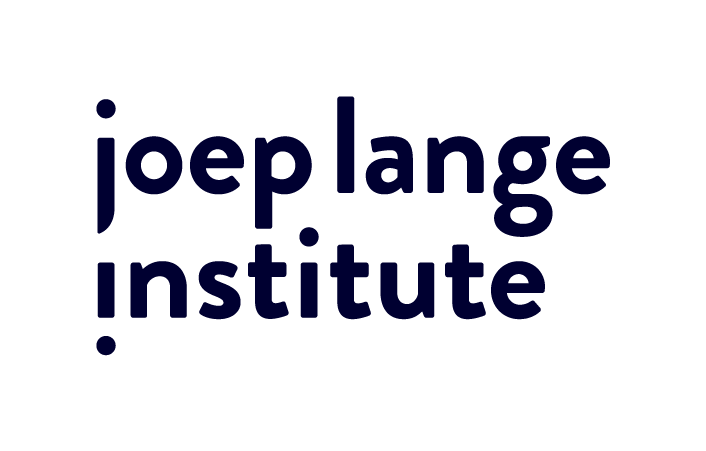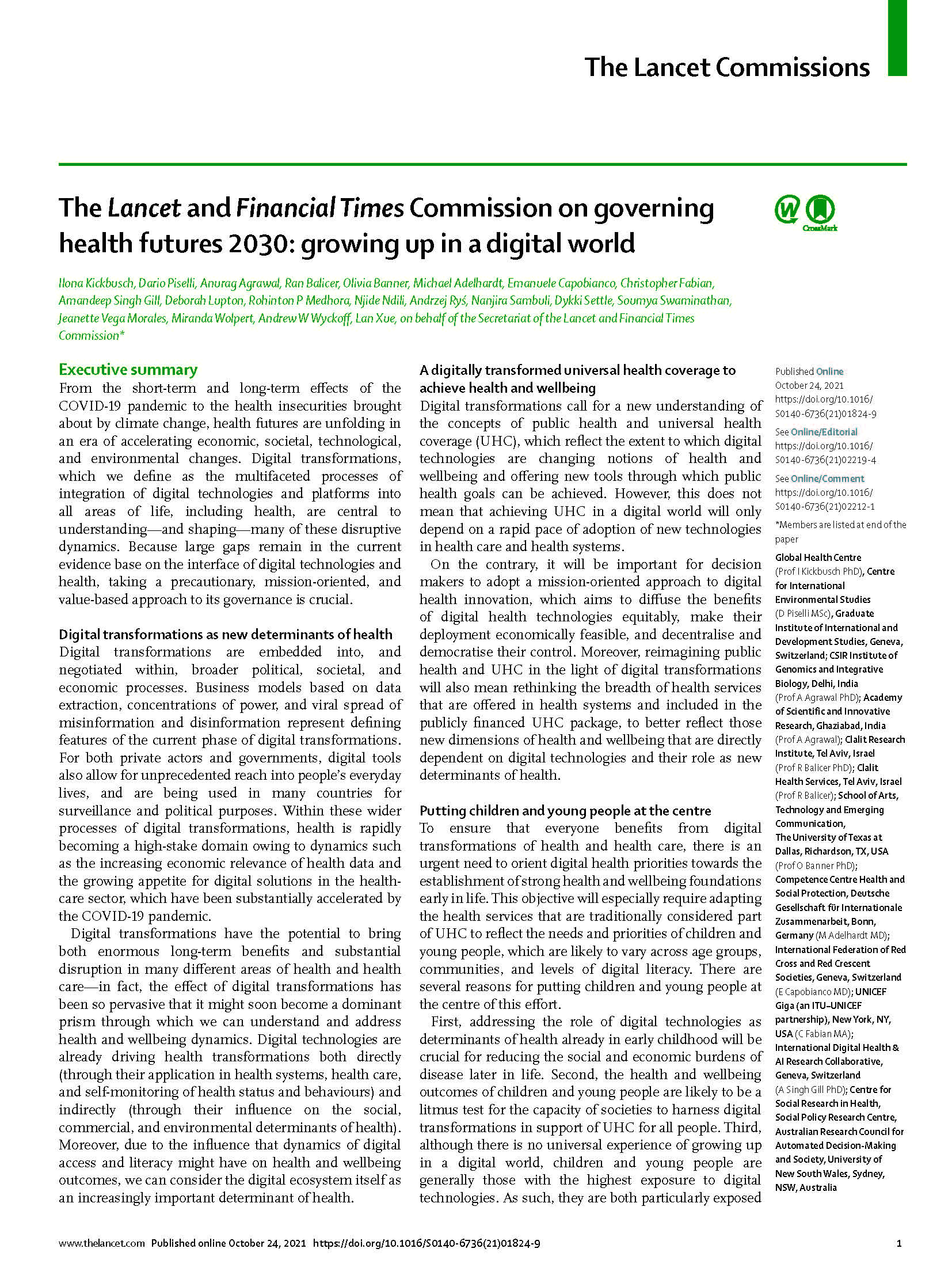In October the Lancet and Financial Times jointly published a white paper on Governing health futures 2030: growing up in a digital world. They also published an editorial piece called “Can digital technologies improve health?”.
Both looks at the opportunities and threats of sharing data together with the role of digital transformation in health.
In the article, the commission defined 4 action areas for a sustainable health future:
- They suggest that decision makers, health professionals, and researchers consider—and address— digital technologies as increasingly important determinants of health.
- Emphasize the need to build a governance architecture that creates trust in digital health by enfranchising patients and vulnerable groups, ensuring health and digital rights, and regulating powerful players in the digital health ecosystem.
- All for a new approach to the collection and use of health data based on the concept of data solidarity, with the aim of simultaneously protecting individual rights, promoting the public good potential of such data, and building a culture of data justice and equity.
- Urge decision makers to invest in the enablers of digitally transformed health systems, a task that will require strong country ownership of digital health strategies and clear investment roadmaps that help prioritize those technologies that are most needed at different levels of digital health maturity.
While these points are a step in the right direction, we’d like to stress that digital transformation starts with the individual. Learning from the enormous pressure on the global data economy to do things different, we have the opportunity where possible to start the individual’s consent. Only then can we truly unlock the full potential of data for the public good.





